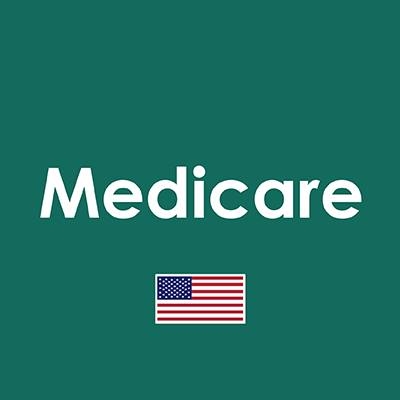The U.S. Supreme Court, in a 6-3 decision delivered earlier today, has ruled in favor of South Carolina’s efforts to block Planned Parenthood from receiving Medicaid funding for health services. This decision overturns a lower court’s ruling that had previously prevented the state from excluding Planned Parenthood from its Medicaid program.
The ruling centered on a technical interpretation of federal Medicaid law, specifically concerning whether individual patients or providers have the right to sue to enforce a provision allowing Medicaid beneficiaries to choose any “qualified and willing provider.” The Court’s conservative majority determined that the Medicaid Act does not grant individuals this right to bring such lawsuits. Instead, the Court indicated that the appropriate remedy for a state’s non-compliance with Medicaid requirements typically involves federal funding termination, a decision resting with federal officials, not private litigants.
This decision clears the way for South Carolina to implement a 2018 executive order by the state’s governor that sought to bar Planned Parenthood from participating in its Medicaid program. While federal law already prohibits Medicaid funds from directly paying for abortions, Planned Parenthood clinics provide a wide array of other health services, including contraception, cancer screenings, and testing for sexually transmitted infections, which are typically covered by Medicaid.
Opponents of the ruling express concerns that it could significantly reduce access to healthcare for Medicaid patients, particularly in rural areas where finding providers who accept publicly funded insurance can be challenging. South Carolina’s Medicaid funding to Planned Parenthood amounted to a small fraction of the state’s overall Medicaid spending.
The case has been closely watched by other Republican-led states that have sought to restrict funding to organizations that provide abortion services. This Supreme Court decision may provide a template for similar actions across the country, further impacting the landscape of reproductive healthcare access.
Sign up for our Sunday Spectator. Delivered to your inbox every Sunday, with all the news from the week.










